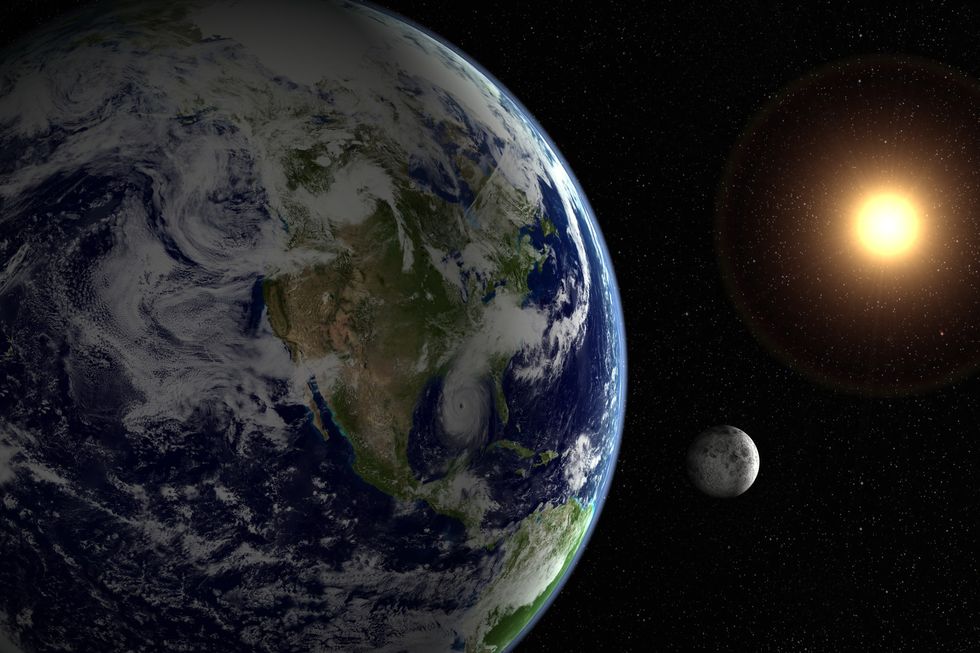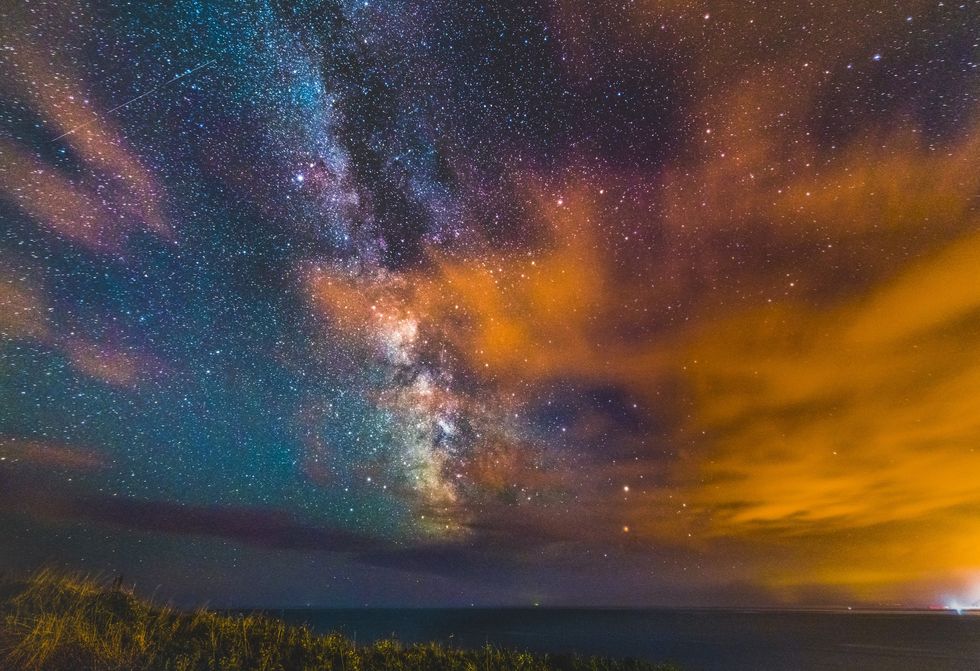Earth to see one of its shortest days EVER as planet's rotation expected to speed up again

WATCH: Katy Perry lands back on Earth following historic journey to space
|GB NEWS

The minimal changes to the rotation speed have baffled researchers
Don't Miss
Most Read
Earth is set to experience one of its shortest days ever recorded as the planet's rotation continues its unexpected acceleration.
Following Wednesday's notably brief day, which clocked in at 1.3 milliseconds shorter than average, scientists have identified two upcoming dates that will be even shorter.
The phenomenon marks a continuation of Earth's puzzling rotational speed-up that began in 2020.
Whilst the difference is imperceptible to humans, lasting less than a hundredth of a blink, atomic clocks have detected these minute changes that are confounding researchers worldwide.

Atomic clocks have picked up the miniscule changes
|GETTY
Scientists predict that July 22 and August 5 will be even shorter than Wednesday's measurement, at 1.38 and 1.51 milliseconds shorter than average, respectively.
These dates will rank amongst the shortest days ever recorded, though still not surpassing last year's record-breaking July 5, which was 1.66 milliseconds shorter than a standard 24-hour day.
The upcoming abbreviated days are part of a pattern that has emerged since 2020, when atomic clocks first detected days more than a millisecond shorter than the typical 86,400 seconds.
Prior to this period, such significant deviations had never been observed by the US Naval Observatory and international Earth rotation services.
LATEST DEVELOPMENTS:

Atomic clocks are picking up the miniscule changes
|GETTY
The shortened days are caused by the moon reaching its apogee, or furthest point from Earth. This distance reduces the gravitational pull that normally creates tidal braking, allowing the planet to spin more freely.
Under typical conditions, the moon's gravity causes Earth's oceans to bulge outward, creating tides whilst simultaneously pulling the planet backwards and slowing its rotation.
When the moon moves to its most distant position, this braking effect weakens considerably.
This lunar positioning explains why July 22 and August 5 will see particularly short days, though the phenomenon is only possible because Earth is currently experiencing an unusual acceleration phase.
The acceleration has baffled scientists, with Dr Leonid Zotov of Moscow State University telling Time and Date: "Nobody expected this. The cause of this acceleration is not explained."
Most researchers believe changes deep within Earth's core are affecting the planet's momentum. The inner core began slowing around 2010 and is now moving backwards, which should eventually decelerate Earth's rotation.
"I think we have reached the minimum. Sooner or later, Earth will decelerate," Dr Zotov said.
Additional factors, including climate change, are expected to slow the planet. Melting ice and shifting groundwater have already increased day length by 1.33 milliseconds per century between 2000 and 2018.










